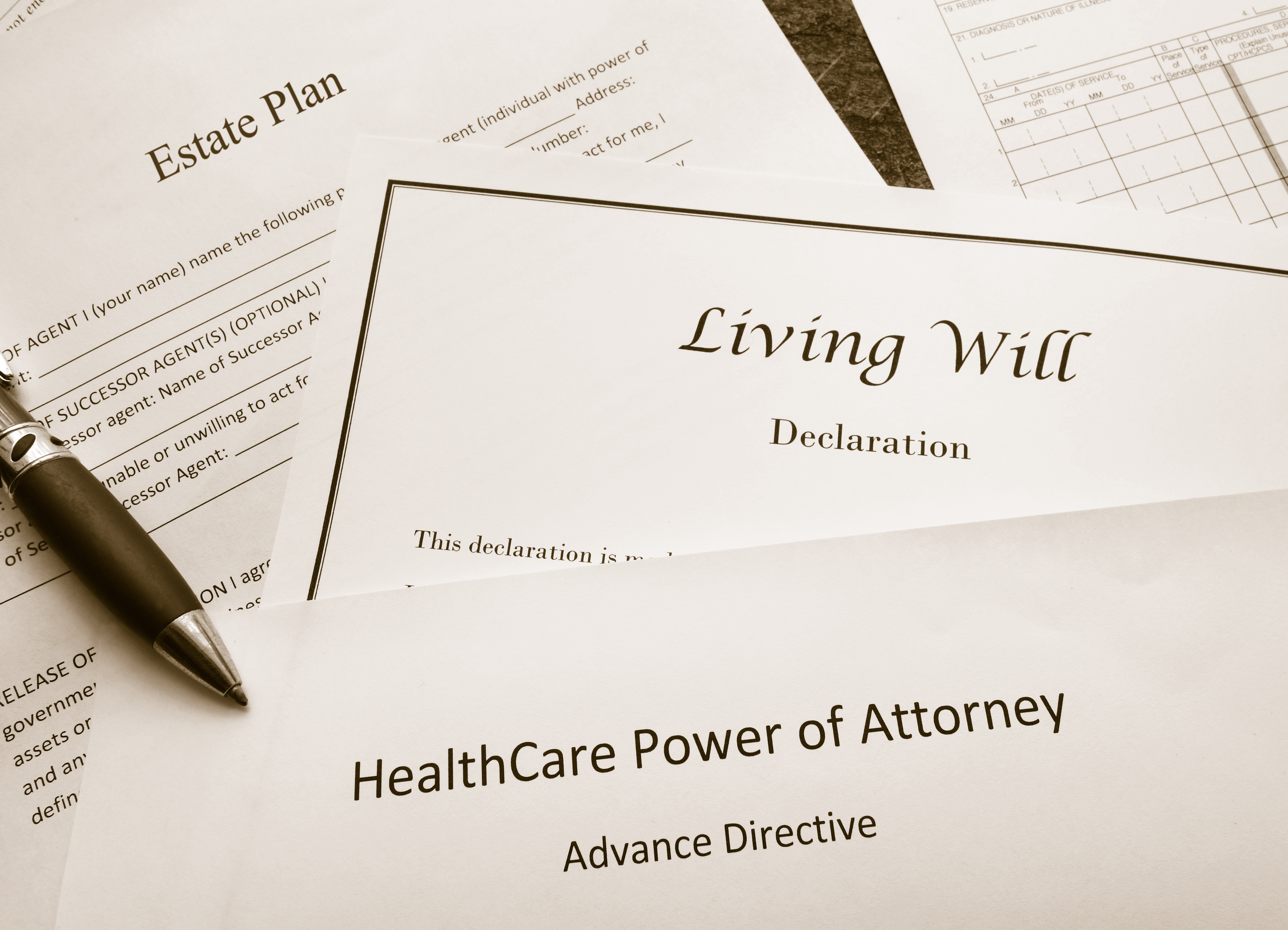AARP Hearing Center

As we age, legal and financial documents like powers of attorney, wills, and trusts grow more and more important. But creating and updating these critical items can be costly and confusing. AARP New York is collaborating with noted elder law attorney Jeff Rheinhardt to offer “Legal Documents: Myths & Misconceptions,” a series of four free virtual workshops for AARP members and guests in September and October.

1. Sept 30 - Powers of Attorney and Health Care Proxies – Myths & Misconceptions | 11:30am – 12:30pm
Register: https://aarp.cvent.com/LegalDocuments930
The loss of capacity can render a person unable to attend to financial matters or make health care decisions. Using a Power of Attorney and Health Care Proxy to name agents can make sure there is someone to handle matters and make decisions if incapacity strikes. In this webinar we will discuss what these documents should include and what else they might include to meet particular circumstances and challenges.
2. Oct 7 – Wills and Probate – Myths & Misconceptions | 11:30am – 12:30pm
Register: https://aarp.cvent.com/LegalDocuments1007
Although there are several options available when it comes to how to pass an estate to beneficiaries, y a Will retains its importance as a primary estate planning document for many. This webinar will discuss provisions that a well-drafted Will should include, and an important one that is often missed. We will also go over the probate process and when one or more of the other estate planning tools might be a better option than a Will.
3. Oct 14 - Direct Beneficiary Designations – Myths & Misconceptions | 11:30am – 12:30pm
Register: https://aarp.cvent.com/LegalDocuments1014
An increasingly common and effective way of passing assets to beneficiaries is through direct designations, such as naming beneficiaries on retirement accounts, life insurance and annuities. For other types of accounts, making them POD (pay on death), TOD (transfer on death) or ITF (in trust for) also works. While these kinds of designations have the benefit of passing assets directly to intended beneficiaries, there are also potential drawbacks and risks to using them. We will discuss when these types of designations can be useful, how to use them, and when to avoid them.
4. Oct 21 – Trusts – Myths & Misconceptions | 11:30am – 12:30pm
Register: https://aarp.cvent.com/LegalDocuments1021
Trusts can have a key role to play in many estate planning situations. This webinar covers the different kinds of trusts and what purposes they serve. Revocable Trusts are useful when probate may be problematic and costly. Irrevocable Trusts can afford estate tax savings and asset protection in the context of long term care costs. Supplemental Needs Trusts can insure that a disabled beneficiary retains eligibility for means tested public benefits while having funds available to purchase goods and services not covered by those benefits. This webinar will describe the different kinds of trusts, when they are appropriate and useful, and key terms that should be considered for inclusion.
We look forward to seeing you virtually!































































